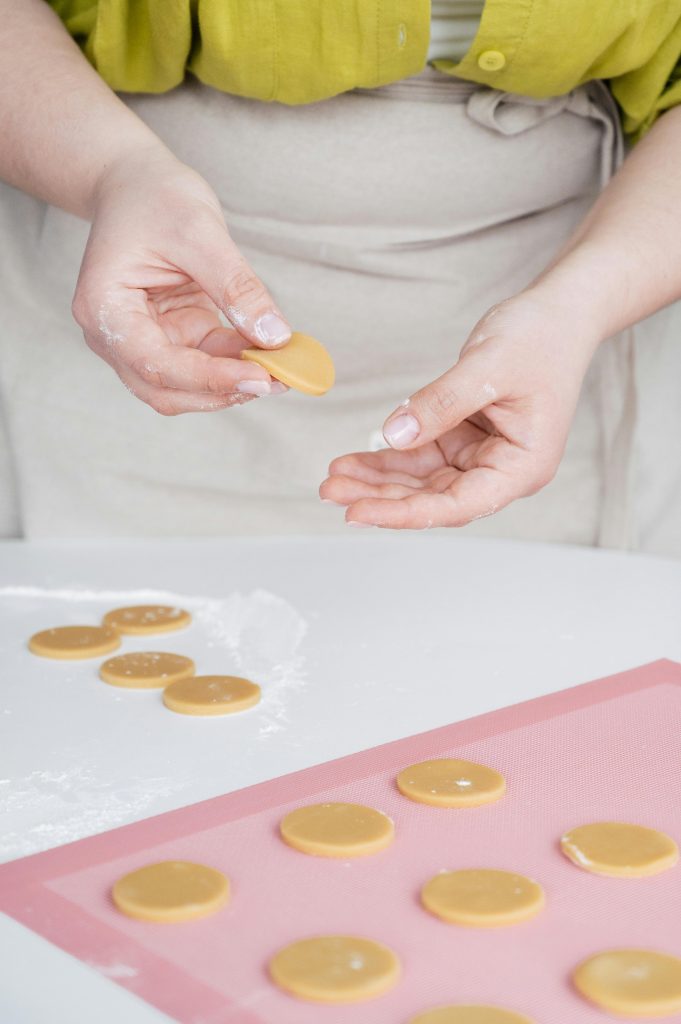All fields are required
Posted in Food Safety,Our Blog on July 20, 2024

We all love the taste and the texture of cookie dough, but most know it isn’t safe to eat cookie dough. The raw ingredients such as egg and flour make it a risky treat that isn’t worth the chance of the illness that could happen. What should you do if you have a craving you just can’t crush for the delicious dough? Have no fear there are options but first lets dive into why raw cookie dough isn’t a good idea to consume.
Federal health officials are reminding people to avoid eating or playing with raw or uncooked dough or batter because it hasn’t been treated to kill germs like Salmonella or E. coli, which can cause gastrointestinal illnesses and food poisoning. This includes dough and batter for pie crusts, tortillas, pizza, biscuits and pancakes – not just cookies and cake. Even just a taste may contain enough germs to make someone sick.
When baking, it is important to follow the recipe or package directions closely, particularly the temperature and cooking time, health experts say. Also, be sure to wash your hands, and the utensils used while preparing batter or dough with warm, soapy water. Disinfect any countertops used while handling raw flour, eggs or dough. Children should not handle or play with raw dough, including raw dough used for crafts.
The CDC also warns against making milkshakes with products that contain raw flour or using raw, homemade cookie dough in ice cream.
Food poisoning can be caused by many germs, but it is most commonly the result of Salmonella or E. coli bacteria.
Salmonella is a bacteria that lives in the intestines of animals. It can cause diarrhea, fever, nausea, vomiting, stomach cramps, chills, headache and blood in stool. Symptoms usually start six hours to six days after people swallow the bacteria. Most people experience a mild illness that lasts for up to a week, but serious infections can develop that require medical attention or, in some cases, hospitalization.
People can get sick from Salmonella after eating contaminated food or drinking contaminated water, or by touching infected animals or their feces.
Children age 5 and under, seniors and people with weakened immune systems are at higher risk of a serious Salmonella illness. Complications include urinary, blood, bone and joint infections. In some cases, the infection may spread to the nervous system.
An E. coli infection causes stomach cramps, diarrhea, bloody stools and vomiting. Symptoms usually start three to four days after people consume the germ; they usually go away within a week. Some people may develop hemolytic uremic syndrome, which can lead to kidney failure, stroke and death.
Raw flour is dangerous to consume but there are ways to heat treat flour to make sure that the edible cookie dough you are making is safe to consume.
For more fun food tips and food safety hints be sure to follow Make Food Safe!
By: Samantha Cooper